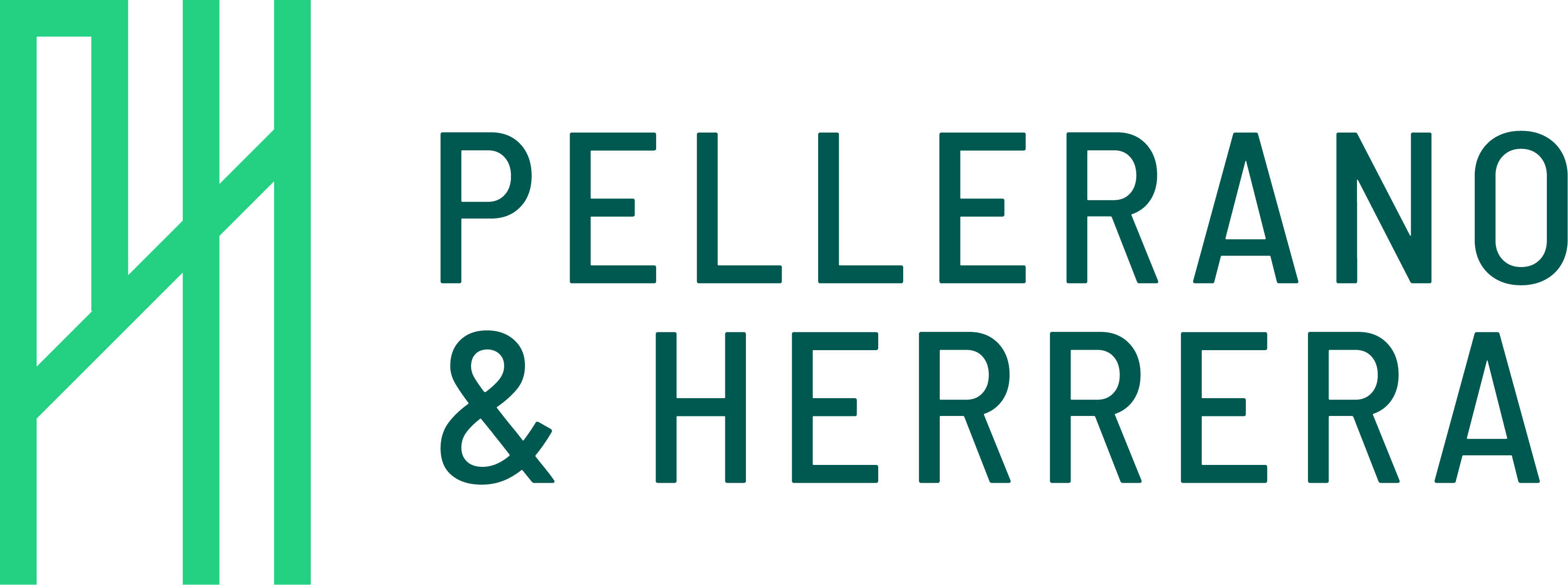Executive Summary on General Rule 03-24 of the DGII
Introduction
On November 28, 2024, the General Directorate of Internal Taxes (DGII) issued General Rule 03-24 to establish an updated regulatory framework governing the procedure for discharging real estate properties in the Dominican Republic. This regulation responds to the need to strengthen legal certainty in real estate transactions and ensure compliance with tax obligations related to property transfers.
General Rule 03-24 sets forth the criteria and mechanisms applicable in cases where property buyers have failed to pay the Real Estate Transfer Tax or the Gift Tax, facilitating administrative processes to regularize property ownership. Through this measure, the DGII seeks to optimize tax management and prevent the accumulation of properties with outstanding tax liabilities, contributing to greater transparency and efficiency in the real estate sector.
Objective
This rule aims to ensure transparency and effectiveness in the administration of taxes related to real estate transfers, while also providing administrative solutions for transferors to discharge their tax liability regarding the Real Estate Property Tax (IPI) when they have transferred properties.
Scope
The rule applies to individuals, legal entities (public or private), and non-legal entities, including construction companies, real estate agencies, and trusts. It covers all property transfer acts such as sales, donations, exchanges, and expropriations.
Key Aspects
- Discharge procedure:
- Transferors may request a discharge by submitting documentation proving the property transfer, including notarized deeds and copies of property titles.
- The DGII will process these requests within 10 business days, issuing either a certification or a justified rejection.
- Tax obligations:
- Until the discharge is processed, the transferor remains responsible for paying real estate property tax (IPI) and asset tax (ISA).
- Failure to comply by the acquirer results in additional charges and administrative measures.
- Automatic discharge:
- The DGII may automatically process discharges in specific cases, such as transfers to the State or through judicial rulings.
- The deadline for applying for this measure is six months from the effective date of the rule, which is immediately applicable. This allows taxpayers additional time to submit discharge requests for previously transferred properties and correct any potential tax compliance irregularities.
- Penalties and compliance:
- Non-compliance with this rule may lead to tax penalties under the Tax Code. Additionally, measures are established to prevent the misuse of the discharge process.
Final provisions
General Rule 03-24 replaces General Rule 08-2014, expanding its scope to various types of transfers and promoting more effective tax administration. Its application is immediate and includes a transitional period for transactions conducted before its enactment.
Conclusion
The implementation of General Rule 03-24 represents a significant step forward in modernizing and enhancing the efficiency of the Dominican Republic’s tax system. By establishing a clear framework for discharging real estate properties in cases of tax non-compliance, this regulation strengthens legal security in real estate transactions and optimizes the administrative management of real estate assets in the country.
Furthermore, the rule safeguards taxpayers rights by providing defined and transparent procedures, promoting compliance with tax obligations, and reducing the accumulation of outstanding tax liabilities.
Read our PDF General Rule 03-24 of the DGII

